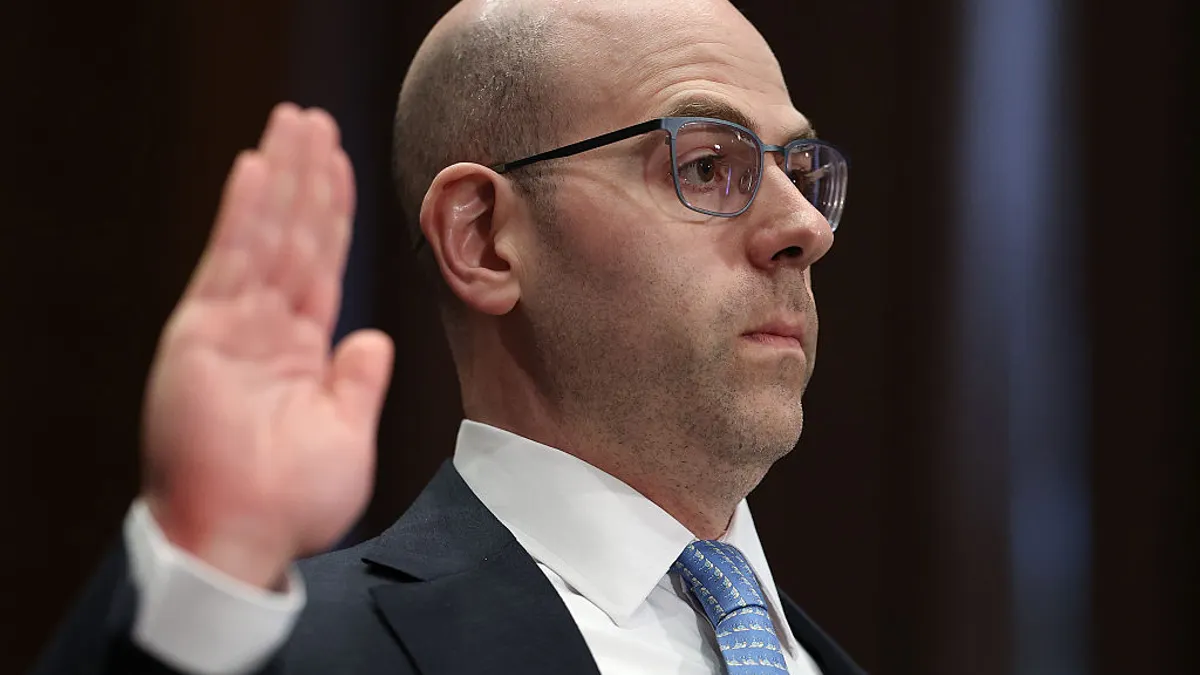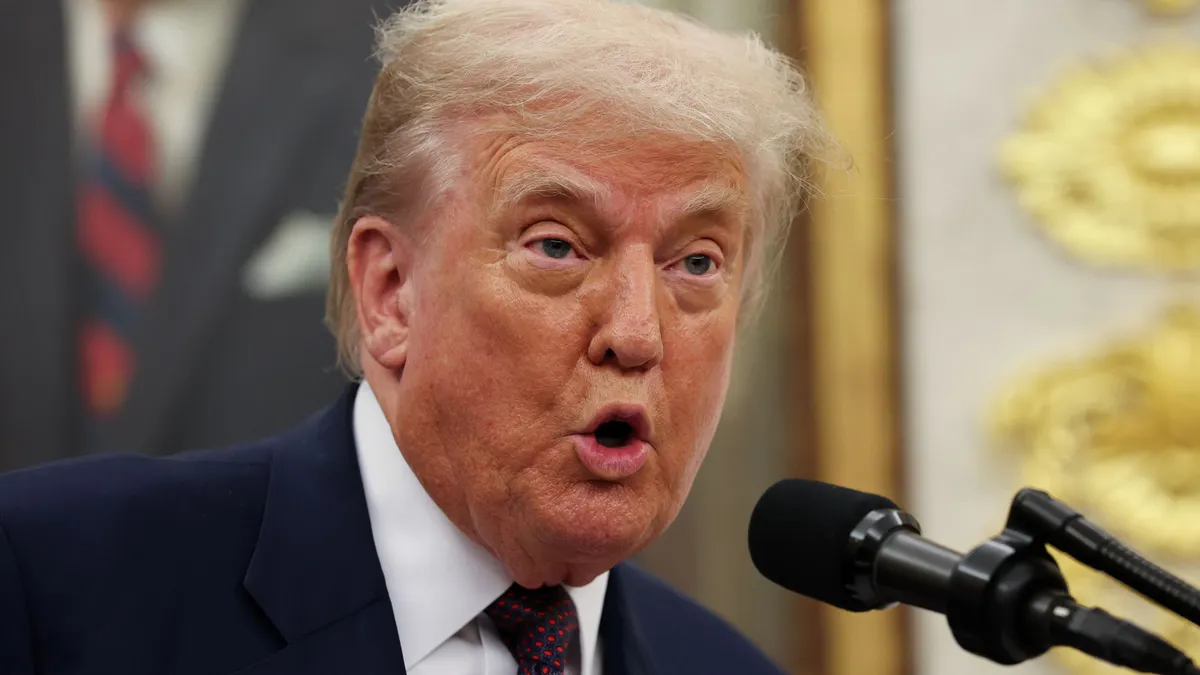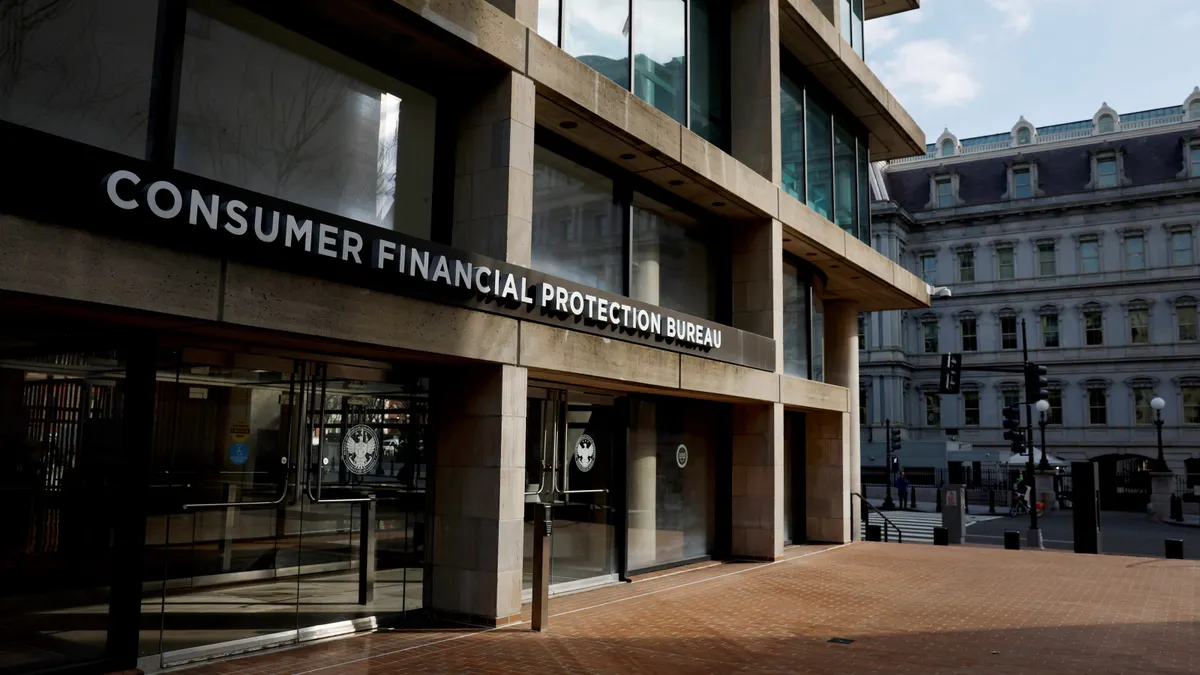The Securities and Exchange Commission charged cryptocurrency trading platform Coinbase with operating an unregistered national securities exchange, broker and clearing agency Tuesday, and also charged Coinbase for failing to register the offer and sale of its staking-as-a-service program.
The charges hardly come as a surprise following Coinbase’s receipt of a Wells notice, a formal notice that the SEC is planning to bring enforcement actions against an entity, in April.
The SEC alleged that, since at least 2019, Coinbase has made billions enabling the purchase and sale of crypto asset securities, and it’s done so illegally.
The exchange is accused of “intertwin[ing] the traditional services of an exchange, broker, and clearing agency without having registered any of those functions.”
Without registering its services with the SEC, Coinbase has “deprived investors of significant protections, including inspection by the SEC, recordkeeping requirements, and safeguards against conflicts of interest,” the SEC alleged.
“We allege that Coinbase, despite being subject to the securities laws, commingled and unlawfully offered exchange, broker-dealer, and clearinghouse functions,” said SEC Chair Gary Gensler. “In other parts of our securities markets, these functions are separate. Coinbase’s alleged failures deprive investors of critical protections, including rulebooks that prevent fraud and manipulation, proper disclosure, safeguards against conflicts of interest, and routine inspection by the SEC.”
Regarding its staking-as-a-service program – one in which investors lock up their crypto tokens for a set period of time to support the operations of a blockchain, and then earn passive income on crypto investments without having to sell – the SEC alleged that the company failed the register the offers and sales of the program as required by law.
Staking has attracted the attention of regulators in recent months. Kraken, another exchange, put an end to its staking program in February, and paid a $30 million penalty to the SEC to settle the issue. The regulator has filed charges against numerous crypto companies, including 13 charges against Binance Monday; and entered into settlements with players, including Nexo, in January.
"You simply can’t ignore the rules because you don’t like them or because you’d prefer different ones: the consequences for the investing public are far too great,” said Gurbir S. Grewal, director of the SEC’s Division of Enforcement. "As alleged in our complaint, Coinbase was fully aware of the applicability of the federal securities laws to its business activities, but deliberately refused to follow them. While Coinbase’s calculated decisions may have allowed it to earn billions, it’s done so at the expense of investors by depriving them of the protections to which they are entitled. Today’s action seeks to hold Coinbase accountable for its choices.”
Coinbase Chief Legal Officer and General Counsel Paul Grewal, who sued the SEC to explain its thinking on the Wells notice in April, said Tuesday that the commission’s “reliance on an enforcement-only approach in the absence of clear rules for the digital asset industry is hurting America’s economic competitiveness and companies like Coinbase that have a demonstrated commitment to compliance.”
“The solution is legislation that allows fair rules for the road to be developed transparently and applied equally, not litigation. In the meantime, we’ll continue to operate our business as usual,” he said.
Grewal is one of many crypto insiders calling for clearer legislation. Republican lawmakers made a first step to delivering on these requests Monday with the release of draft legislation outlining a regulatory plan for digital assets, divvying up authority over crypto between the Commodity Futures Trading Commission and SEC.
The discussion draft is one of several crypto related bills introduced this year, following a stablecoin regulation bill introduced in April and state legislation put forth by New York Attorney General Letitia James in May. Monday’s draft, however, is the most comprehensive piece of crypto legislation introduced thus far.
The SEC’s complaint against Coinbase, filed in the U.S. District Court for the Southern District of New York, seeks injunctive relief, disgorgement of ill-gotten gains plus interest, penalties, and other equitable relief.
Coinbase CEO fires back
Coinbase CEO Brian Armstrong, one of the most outspoken executives in the industry, took to Twitter Tuesday afternoon to say that his company is “proud to represent the industry in court to finally get some clarity around crypto rules.”
The SEC, he noted, allowed the company to go public in 2021; and that despite SEC Chair Gary Gensler’s public assertions to “come in and register” there is “no path ... we tried, repeatedly ... [and] reject the vast majority of assets we review,” Armstrong said.
“Instead of publishing a clear rule book, the SEC has taken a regulation by enforcement approach that is harming America. So if we need to avail ourselves of the courts to get clarity, so be it,” he said.
He noted, too, that the complaint filed against Coinbase “is very different from others out there [in that it’s] exclusively focused on what is or is not a security. And we are confident in our facts and the law.”
The company has long asserted it doesn’t list any securities.
“We'll get the job done,” Armstrong said. “In the meantime, let's all keep moving forward and building as an industry. America will get this right in the end.”





















